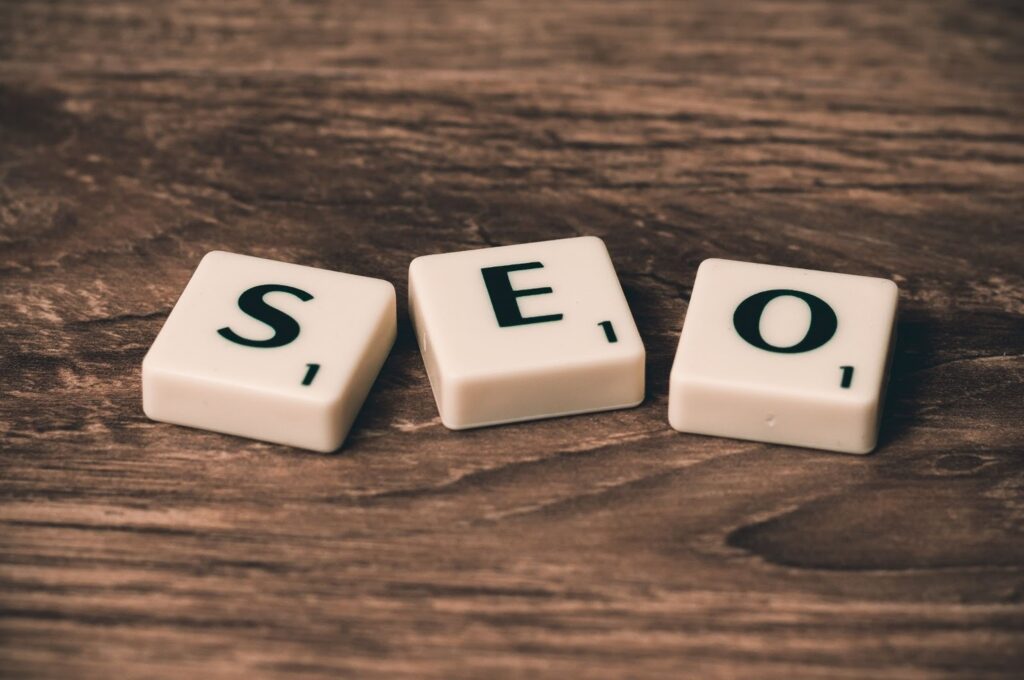Now that the world is opening up again, people are starting to patronize their favorite local businesses. However, if you’re a new business, you may not have the name recognition or an established clientele to cater to. This is where local SEO can be of service.
Let’s talk about local SEO, why your brand should use it, and how to get started.
What Is Local SEO?
The goal of local SEO is to boost the search visibility for local businesses that serve communities at brick-and-mortar locations. Local SEO services can help you rank higher within your desired keywords by utilizing Google’s proximity factor — meaning that Google will show you the best possible results for your inquiry based on your geographic location.
While the most common search method involves using the “near me” method, Google’s algorithm is smart enough to show you local results without having to use that specific phrase.
Why Would Your Brand Need Local SEO Services?
Many different types of businesses could benefit from a local SEO service, including but not limited to law firms, medical practices, plumbers, and restaurants. Brands like yours would benefit from a local SEO service due to the fact that local SEO has become extremely lucrative in recent years. So if you’re not embracing local SEO to promote your business, you’re missing out.
We believe that the numbers really speak for themselves. Here are some facts and figures about local SEO to consider:
- 50% of people who performed a local search on their mobile phone went to a physical store within one day. 34% of people who performed a local search on their computer or tablet did the same.
- 18% of local mobile searches lead to a sale within one day.
- 60% of American adults perform searches for local services or product information on tablets and mobile phones.
- 78% of local searches on a mobile phone end in purchases being made offline.
- 97% of consumers searched online for local businesses in 2017, with 12% searching online every day.
How to Start Building Your Local SEO for Your Brand?
Local SEO is valuable. But is hiring a service really necessary?
A lot of work goes into building local SEO for your brand. While it’s definitely possible to do it on your own, odds are you have more important things to focus on. Here’s a look at how to start optimizing your site for local SEO:
Set Up Your Brand’s Google Business Page
First, claim your brand’s Google business page. From there, you can add all the relevant information that your customers are looking for, like your phone number, address, business hours, and website.
Add Photos to Your Google Page
You should also add photos to your brand’s Google business page to add trust. You may want to add photos of your business location, your staff, your products, or even your customers if you have permission.
Set Up Your Brand’s Page on Other Platforms
Once your Google business page has been established, it’s time to move on to other platforms. You should claim your business on Bing, Apple Maps, Yellowpages, Foursquare, Yahoo Localworks, Yelp, Glassdoor, Angie’s List, and BBB.
After that, you should move on to creating business profiles on social media platforms like Facebook, Instagram, and Twitter.
Manage Your Reviews
Reviews aren’t just good for SEO — they’re good for business in general. As a result, you should ensure that most of your reviews are positive. If you get a negative review, be sure to respond quickly and appropriately to resolve the issue effectively.
Make Sure That Everything Is Mobile-Friendly
Finally, you need to make sure that the website attached to your brand’s Google page is mobile-friendly. This is because Google now looks at your mobile site first when considering rankings rather than your desktop site. Google has a quick and easy mobile test that you can run to ensure that everything looks good and works properly.
5 Types of Content Needed to Build Your Local SEO
After covering the basics of local SEO covered, you should start building your content. Here are five types of content that help to build your local SEO:
1. Location-Specific Landing Pages
If you have multiple locations, then you need to create location-specific landing pages so that Google can recognize each of your locations and provide search results accordingly. If you have multiple locations near each other, then it may be easier for you to create state or regional landing pages instead.
2. FAQ Pages
FAQ pages can help search engines know all the answers to your customers’ questions. Not only is this beneficial to customers that are already viewing your website, but it’s also beneficial for SEO purposes.
When developing your FAQ pages, think about a wide range of questions that customers would have about your business specifically or the industry in general.
3. Specials and Discounts
Another tactic to build your local SEO is to offer local specials and discounts. This is something hotels and entertainment venues do regularly. Setting local discounts makes your local customers feel special and can help increase brand loyalty as a result. The discount can be a simple 10% off and will still make local customers feel like they’re part of an exclusive group.
4. Local Events
If you’re constantly hosting events but only post them on social media, then your local SEO is going to suffer. Instead, you should post about your local events on your website, too. Then, when people search Google for local events, your events or brand will be at the top of the list.
If you’re not ready to host events on your own, consider participating in local events and festivals in your area. The online exposure alone is enough to make it worth the effort.
5. Blog Content
Finally, building branded blog content on your website is key for strengthening your local SEO. You can write blog posts about your business specifically or about the industry in general.
Overall, think about what types of content your customers would like to see and combine this with the specific keywords that you want to build. While posting on your own website is important, building links for your website are also necessary. Outside websites linking back to you helps to build your brand’s credibility and boost SEO rankings.
Final Thoughts on Local SEO
When you hire a local SEO service, they can help do the heavy lifting with local SEO, which allows you to focus on more important business tasks. So consider reaching out to Greg Gillman. Greg Gillman specializes in omnichannel growth strategies and has helped his clients generate more than $4 billion in annual revenue.
Sources:
How to Create a Facebook Business Page in 7 Steps | Entrepreneur
How To Respond To Negative Reviews (Including Examples) | Forbes


